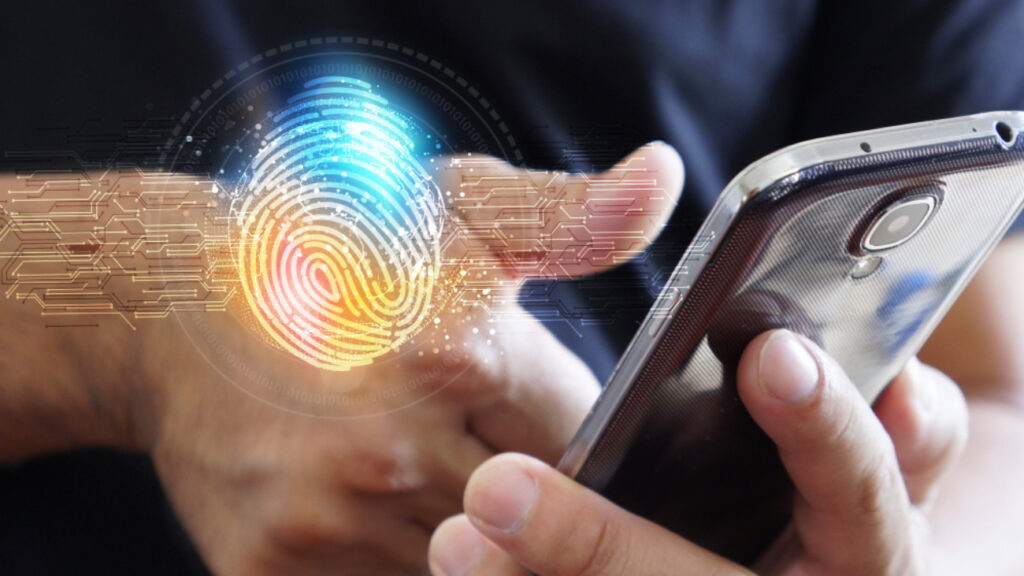We live in an age where security breaches make headlines every month and there are growing anxieties from netizens of the world regarding data protection. Even multi-factor authentication and biometric locks aren’t enough to protect our smart devices from being susceptible to fraudulence.
This is where decentralized identity comes in with promises of a new-age privacy and improved security measures that surpass our existing ones. It is now more important than ever than users are in charge of their own data and transact with trusted digital entities. This also acts as a checkpoint for companies to ensure the individuals they are transacting with are legitimate.
How does it work?
Decentralized identity is all about leaving behind traditional data entry solutions. Digital wallets that operate on decentralized identity act as an one-stop mechanism storing all the pertinent data like credit cards and banking information, bypassing the need for a password. They act as secure channels for all parties to communicate and protect our data with cryptographic keys.
This enables us to exchange information with additional layers of security without worrying about data breach. Companies can easily check the legitimacy of the users as these payment solutions also provide essential information about the users. The key point is that they mask the information partially so the user never exposes their information entirely. The data is however authenticated multiple times with legitimacy checks so the consumer can be picky about sharing information.
Future of decentralized privacy
When decentralized identity systems enter mainstream implementation, it would change the game in how we interact with the online world daily. Bills and payments on apps and websites need no longer automatically retain our information for future usage. Our e-wallets can step in to provide the verified delivery address and saved payment methods. This significantly lowers the risk of online theft, identity fraud, sensitive breaches, phishing attempts and other types of cybercrime.
Emhacement of digital privacy
We don’t have to worry about strengthening our password, theft of banking credentials and loss of biodata. It also places a check against red tapism that exists in conventional loan systems. Empowerment of citizens’ privacy in digital usage of data will be the primary goal of decentralized identity in the next 5 years. This benefits both the sellers and customers across thousands of e-commerce sites around the world.
There might be some reluctance from governments around the globe in accepting its widespread usage as this tech is fairly new. The pros promised by decentralized identity systems far outweigh the cons so it is indeed capable of offering increased virtual protection to millions of users. Thank you for your interest in Bahaa Abdul Hadi blogs. For more information, please visit www.bahaaabdulhadi.com.







